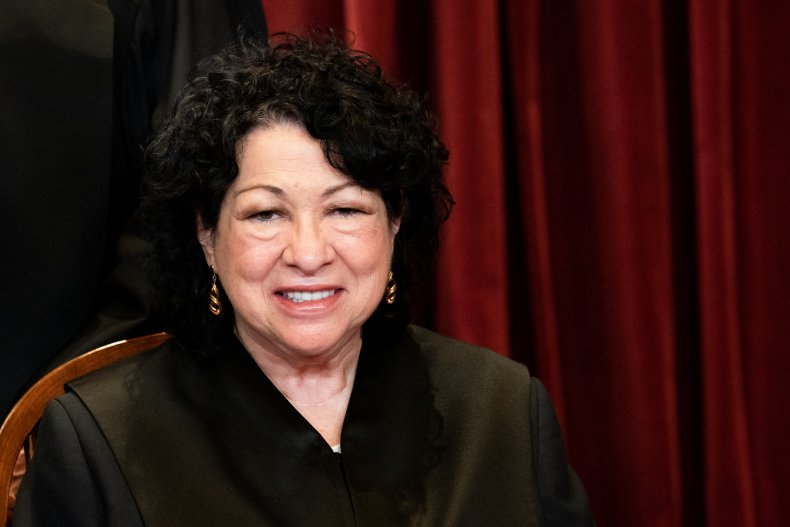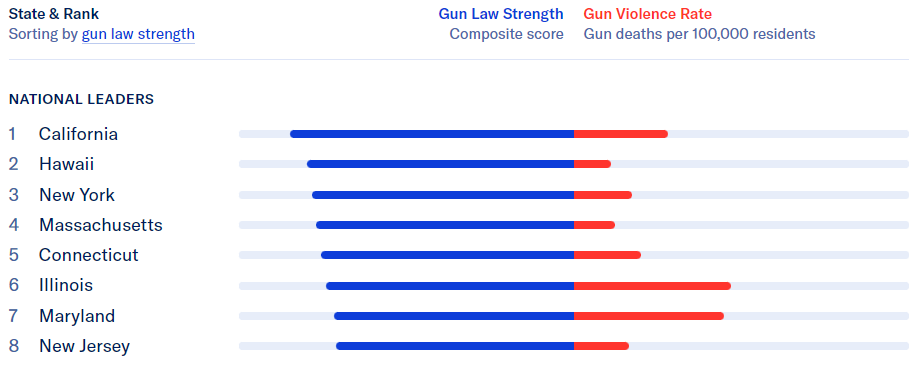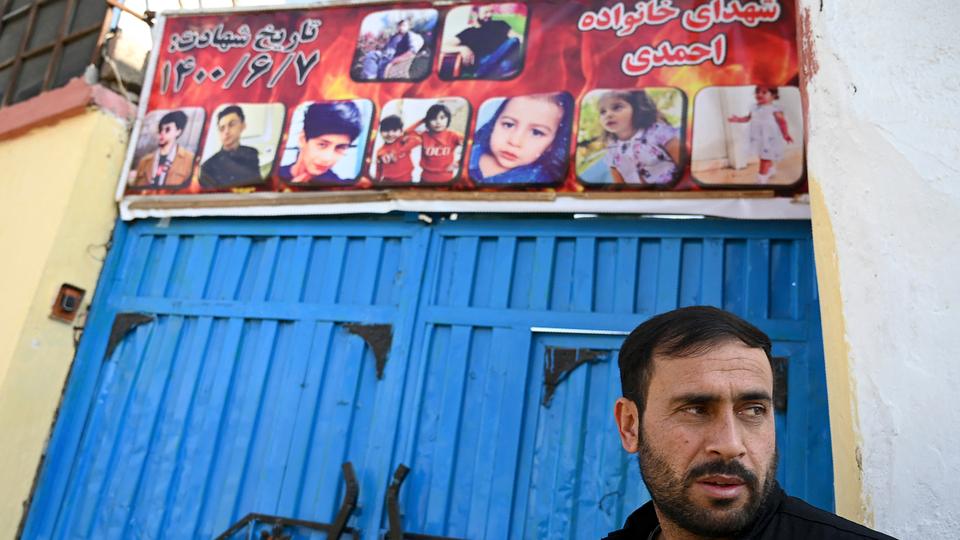
There is not just one humanism. There are cultural variants, emerging humanisms, we must strive to bring into being/existence in a world riddled with multiple/cascading crises. Here one thinks of Anthony Pinn’s humanism with its embrace of difference. The humanism of which I speak is an open-ended venture insofar as it concerns itself with transformative action and collective struggle for a ‘’better’’ world. Imagined possibilities are central to this project (along with) an abiding faith in human creativity, particularly our collective ability to transform ourselves in order to transform the world. That faith can appear absurd, naive or downright foolish to the cynical. Cynicism, after all, corrodes this abiding faith in others and our willingness to work for unimagined possibilities. Why invest time or energy in risky ventures? The results are uncertain and the benefits to the individual unclear. Cynicism aligns itself most easily with the counterrevolution and bends adaptively, perhaps even opportunistically, to the will of authoritarian regimes.
Despair works to the advantage of those who seek to perpetuate oppressive structures. It robs us of the power to act. As Rebecca Solnit shrewdly observes, “Your opponents would love you to believe that it’s hopeless, that you have no power, that there’s no reason to act, that you cannot win. Hope is a gift you don’t have to surrender, a power you don’t have to throw away. And though hope can be an act of defiance, defiance isn’t reason enough to hope. But there are good reasons to hope.”
It’s hardly a coincidence, then, that authoritarian regimes repeatedly make a spectacle of despair and target young activists who are closely associated with the possibility of (radical) cultural transformation. They serve as a visual embodiment of how activism invariably leads to incarceration or worse. Take the example of Sarah Hegazi, an Egyptian queer activist and feminist arrested for flying a rainbow flag during a Mashrou’ Leila concert.
Accused of promoting “devious sexual behavior” that purportedly violates the values of the Egyptian family, she was tortured in prison and sought asylum in Canada where she eventually committed suicide.
A highly articulate activist and original thinker had been driven to despair. That’s the situation before us: We are left to mourn the tragic loss of an individual life and contemplate the tragedy of her squandered human potential. Hegazi’s death sheds light on how structures of power decimate hope as expressed by Rebecca Solnit. There are violent mechanisms in place that disrupt any attempt to cultivate a different way of life or expand the freedom of expression. The incarceration of highly visible activists nips hope in the bud so that the young and experimental don’t get too many ideas into their heads or feel the collective power to act.
Suicide, a radical articulation of despair, signals that all self-directed action or forms of resistance are bound to end in a futile act of surrender. Its usefulness to authoritarian regimes cannot and should not be underestimated. One might think of it as a ritual reenactment of authoritarian triumph over the state’s designated enemies or shattered bodies. Anti-humanist “virtues” such as blind obedience and excessive reverence for authority figures are constantly being cultivated in the public sphere.
Examples abound. Let’s turn for a moment to the case of Alaa Abd El-Fattah, one of Egypt’s most prominent political prisoners and young activists who has practically become a symbol of the revolution (or Arab Spring). Born into a family of dedicated activists, he has been subjected to arbitrary detention and placed in solitary confinement. There was a ban on family visits in Tora prison where he was being held. His sister, Sanaa Seif, was abducted and subjected to various forms of harassment for protesting prison conditions. The human costs of political activism are considerable, demonstrating how entire families can become targets of structural despair until they reach the breaking point and ultimately surrender.
Pen America noted, for instance, that during one court appearance Abd El-Fattah considered suicide as an option or possible way out, “On September 11, 2021, after detaining Abd El-Fattah for nearly two years without trial, Cairo Criminal Court discussed extending the pre-trial detention of Alaa Abd El-Fattah. At the extension hearing, Abd El-Fattah told the judge that he would contemplate suicide if forced to continue staying in a solitary cell in the Tora Prison.” Still, other hopeful options and forms of human solidarity remain open to us. This is not a matter of being naively optimistic or of romanticizing the resilience of dissidents who are being pushed to the breaking point. Nobody is inexhaustible. The capacity to endure indefinitely cannot be taken for granted. Strength is neither a constant nor static quality. Rather, it is often cultivated and renewed in the intersubjective spaces that exist between us. How’s a humanist to respond?
As humanists many of us recognize that we draw strength from one another in these interactive spaces and in conjunction with others, particularly during times of crisis. And ours is a world of cascading crises. Keeping others going during times of extreme distress or fragility is arguably consistent with humanistic values that privilege individual lives on earth and the fulfillment of human potential.
What might a humanistic response look like? A compelling example of how this might play out in the real world can be seen in the recent publication of Alaa Abd El-Fattah’s book, You Have Not Yet Been Defeated which has been translated into English by a group of anonymous translators with a preface by the prominent activist and writer Naomi Klein. The interplay between the anonymous and the prominent demonstrates how different people with different skills can mobilize their collective resources to amplify the voices of those who are being deliberately isolated or cut off from networks of human solidarity.
The word “yet” in the title indicates that historical outcomes are not a fait accompli but largely depend on how we act in the world. What’s more, an integral component of acting in the world includes engagement with the humanities, prison writings in this instance. Alaa Abd El-Fattah once famously said to an American audience that we can help him by fixing things here. That is to say, we have a responsibility to probe our own complicity with authoritarian regimes in the Middle East and Muslim majority countries. This variant of humanism requires a robust amount of political self-awareness and a willingness to enter into dialogue with dissidents from whom we have much to learn. Translation in this instance, then, is arguably a form of hopeful action, a refusal to surrender to despair or abandon the abandoned. Alaa Abd El-Fattah may be the most prominent political prisoner but he’s by no means the only one.
Ahmed Douma, an Egyptian activist and leader of the uprising that toppled Hosni Mubarak, has been languishing in Egypt’s prisons since 2013. He has been repeatedly jailed in what can perhaps be described as a Kafkaesque cycle of state sponsored despair. Douma’s case is of particular interest given that he comes from a prominent family of Muslim Brotherhood activists. Although his father was a leading figure in the Beheira Governorate, Douma secretly fled to Cairo and started a new life as a secular activist. In other words, his life story embodies the possibility of transformational politics and intergenerational rebellion in the home as well as in the streets.
Such a trajectory conceivably presents a threat to authoritarian regimes bent on perpetuating hierarchical structures characterized by fear and reverence for the old patriarchal guard. Douma also happens to be a poet whose work has recently been removed from the Cairo International Book Fair. It’s hard to escape the impression that this a war on an entire generation of young revolutionaries and any possibility of a different future.
Suicide, the negation of all hope, continues to be a distinct possibility. A few more examples will suffice to demonstrate these tragic possibilities. Mohamed Oxygen and Abed Al Rahman Mokka, for instance, both tried to commit suicide but were brought back from the brink with extreme difficulty.
One can only imagine the anguish and torment experienced by these political prisoners. It falls to humanists to hold out hope over despair and encourage support for these activists.










